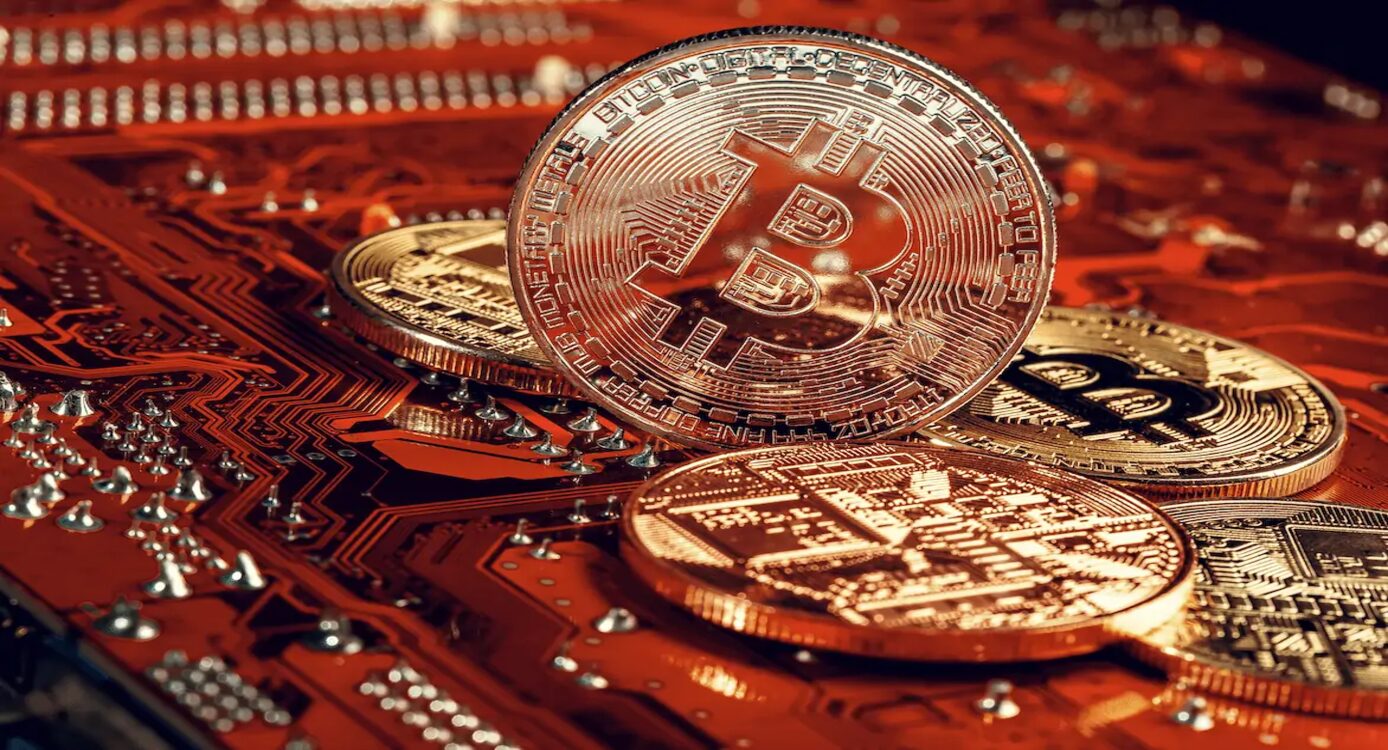News

How Bitcoin Mining is Powering African Communities with Renewable Energy
The Fact: Bitcoin Mining Supports Local Energy Grids in Africa
1. Turning Wasted Energy into Economic Opportunity
Many African regions have excess renewable energy (solar, hydro, geothermal) that goes unused due to:
- No energy storage solutions (batteries are expensive)
- Underdeveloped power grids (nowhere to send surplus electricity)
- Low local demand (rural communities can’t consume all generated power)
Solution: Bitcoin mining acts as a "buyer of last resort" for this stranded energy, monetizing excess power that would otherwise be wasted. Profits from mining can then subsidize electricity costs for nearby communities.
2. Real-World Examples
✅ Gridless Compute (Kenya & Malawi)
- Uses mini-hydro and solar farms to mine Bitcoin
- Shares excess energy with schools, health centers, and businesses
- Reduces local electricity costs by up to 50%
✅ EcoBit (Nigeria)
- Partners with solar farms to mine Bitcoin during off-peak hours
- Reinvests profits into expanding energy infrastructure
✅ Bitcoin for Fairness (Congo)
- Mines Bitcoin using volcanic geothermal energy
- Funds rural electrification projects
How It Works: Bitcoin Mining as a Battery
Unlike traditional industries, Bitcoin mining is:
- Location-agnostic (can operate anywhere with power)
- Flexible (can shut down instantly when local energy demand rises)
- Revenue-generating (converts wasted energy into Bitcoin, which can fund development)
The Process:
1️⃣ Renewable energy source (solar/hydro) generates excess power
2️⃣ Bitcoin mining rigs consume this surplus, converting it into crypto revenue
3️⃣ Profits subsidize cheaper electricity for the community
4️⃣ Excess funds reinvested in local infrastructure
Benefits for African Communities
✅ Cheaper, More Reliable Electricity
- Mining income helps lower consumer energy costs
- Stabilizes microgrids that would otherwise be unprofitable
✅ Job Creation & Economic Growth
- Technician roles for maintaining mining rigs
- New businesses emerge with stable power access
✅ Environmental Sustainability
- No fossil fuels needed—pure renewable energy use
- Prevents energy waste by utilizing surplus
Challenges & Criticisms
⚠️ High Initial Costs
- Mining rigs and infrastructure require significant upfront investment
⚠️ Volatility Risks
- If Bitcoin’s price crashes, mining profits may not cover costs
⚠️ Regulatory Uncertainty
- Some African governments still ban or restrict crypto mining
The Future: A Model for the Developing World?
This African Bitcoin mining experiment could inspire similar projects in:
- South America (stranded hydro power in rural Brazil)
- Southeast Asia (excess solar in Philippines/Indonesia)
- Remote islands (geothermal/wind energy in Pacific nations)
Conclusion: Bitcoin Mining as a Force for Good
The idea that Bitcoin mining only harms the environment is outdated. In Africa, it’s proving to be a catalyst for renewable energy adoption and rural electrification. As more projects like Gridless Compute expand, Bitcoin could become a key tool in fighting energy poverty while maintaining sustainability.
Recommended to read

Brawlers Bar Cash Collect by Quickspin
Enter the gritty tavern world of Brawlers Bar Cash Collect by Quickspin. This high-volatility slot offers 5 reels, 25 paylines, and 96.02% RTP with in...
Read more
Get K8 Airdrop update!
Join our subscribers list to get latest news and updates about our promos delivered directly to your inbox.


